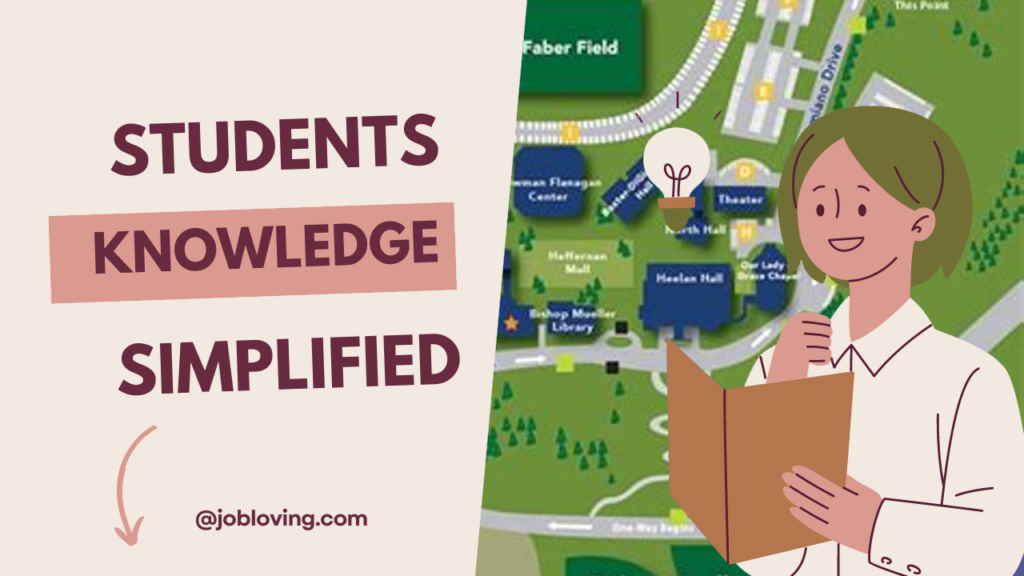Briar Cliff University, nestled in the heart of Sioux City, Iowa, boasts a vibrant academic community with an enrollment of 941 students as of 2023. This shows a significant uptick in student presence compared to the previous year, emphasizing its growing appeal. Students come from a remarkably diverse background, represented by individuals from 35 states and 24 foreign countries. It’s not just the numbers that are impressive; the demographics reflect a commitment to inclusivity, with 37% of the student body identifying as minority students.
At Briar Cliff, the students are predominantly female, making up 55% of the enrollment. This gender ratio creates a unique campus environment where various experiences and perspectives converge. With a 10 to 1 student-to-faculty ratio, Briar Cliff guarantees personalized attention, allowing students to flourish in a supportive learning climate.
The academic offerings are robust, featuring 32 undergraduate programs that cater to a broad spectrum of interests. It’s a hub for budding scholars, with the average ACT score for incoming freshmen resting at a competitive 20.6. Retaining good students is also a priority, and the university boasts an impressive first-time full-time cohort retention rate of 60.92% for the academic year 2022-2023.
Affordability is critical, and Briar Cliff addresses this by ensuring 100% of first-time students receive some form of financial aid. The average award for the upcoming academic year stands at about $31,530, making higher education much more accessible. Additionally, around 66% of undergraduates live on campus, fostering a tight-knit college community.
In terms of athletics, Briar Cliff is rich with spirit and competitive energy, fielding 16 athletic programs that engage student-athletes in spirited competitions. Their mascot, Bolt the Charger, symbolizes this vibrant culture, boosting pride among students and alumni alike.
As Briar Cliff continues to carve its niche, it carries a rich heritage that stems from its roots in the Franciscan tradition since 1930. The university not only focuses on academic excellence but also on community service and personal growth, ensuring students leave with values that extend beyond the classroom. With an average graduation rate of 56% and an average student debt post-graduation of approximately $23,000, Briar Cliff University remains an institution that both nurtures potential and builds future leaders who can navigate the complexities of our world.
What does the enrollment data at Briar Cliff University reveal about its diversity and student demographics?
The enrollment data indicates a commitment to diversity, with 37% of students identifying as minorities. The student body is predominantly female, comprising 55% of the total enrollment. Additionally, students come from 35 states and 24 foreign countries, showcasing a broad geographic reach and a rich mix of cultural backgrounds.
How does Briar Cliff University support student success and academic engagement?
Briar Cliff University fosters student success through a low student-to-faculty ratio of 10 to 1, allowing for personalized attention and enhanced learning experiences. The university also offers over 30 student services, a variety of undergraduate programs, and financial aid to ensure that students have the resources they need to thrive academically.
What are the implications of the retention and graduation rates at Briar Cliff University?
The first-time full-time cohort retention rate of 60.92% and an average graduation rate of 56% suggest that while many students find value in their education, challenges remain for first-time college students. These metrics highlight the importance of ongoing support and resources to improve student persistence and completion rates.
How does Briar Cliff University accommodate diverse learning preferences among its students?
Briar Cliff University recognizes diverse learning preferences by offering 75% of its programs online, catering to non-traditional students and those seeking flexibility in their education. This approach allows students to balance their studies with other commitments while still accessing a wide range of academic pathways.

